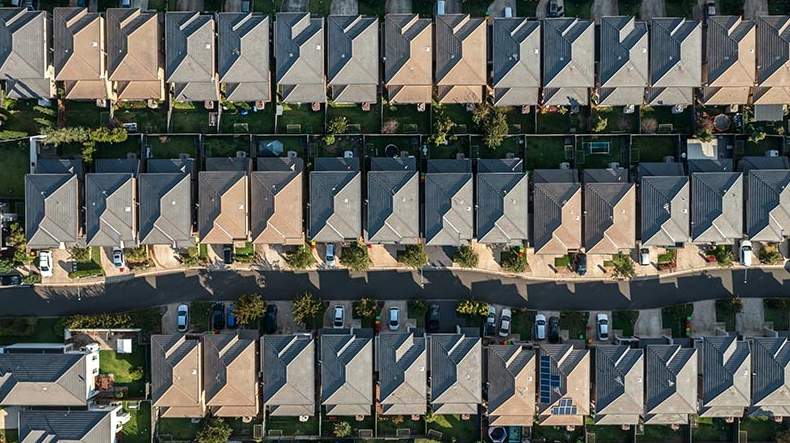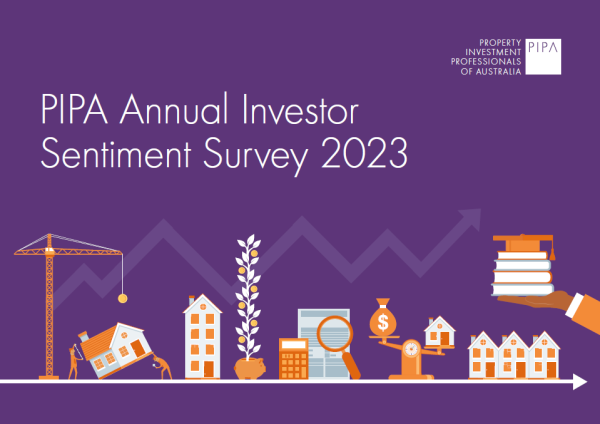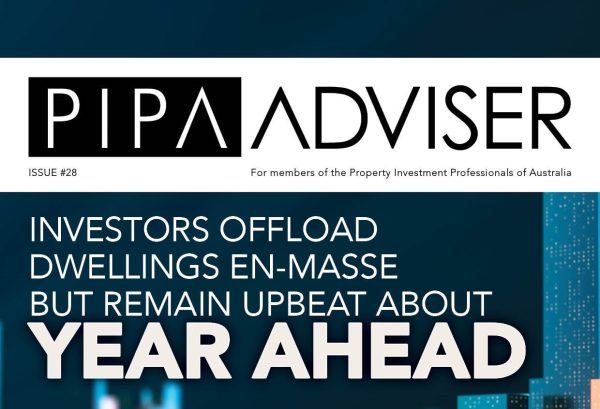Victorian homebuyers, owners face “complex” year with huge range of major changes
Jan 2024Karen Millers
Categories
Location ReportsMedia releasesNational market updatesPersonal advisersPIPA AdviserPIPA Annual Investor Sentiment SurveysPIPA Member ProfilesPIPA video updatesPIPA webinarsPodcastsProperty advisersProperty newsLatest Articles
Which property cycle are we in?
Rent rises ease but crisis’ link to population density found to be tenuous
Jordan van den Berg: The ‘Robin Hood’ TikToker taking on Australian landlords
Victorian property investors face yet another new property tax as council tests levy
Victorian property owners and buyers are headed to one of the most complex years in the state’s housing market’s history as major government-mandated changes hit home.
Property investors are already selling up and looking interstate as industry groups warn more could follow.
State-led tweaks implemented this month added close to $1000 to land tax payments for a $916,000 median-priced house, with expectations the government will make $5.5bn from the tweak over the decade.
Offshore owners are now paying $10,000 more for an equivalent property, while the state’s gas ban has piled on close to $2000 in extra costs for those building new houses with heat pump hot water services and induction cooktops.
Required changes to the way webuild homes could add about $30,000 to home construction bills in May.
Landlords are also still waiting for clarity on how much they will be fined, and from when, if they’re found to have accepted an unsolicited rental bid.
The federal government’s Help to Buy co-purchasing scheme is also expected to commence this year.
Borrowing heavily from an existing Victorian government scheme, the federal version is available to buyers with an at least 2 per cent deposit who earn $90,000 or less as an individual or under $120,000 as a couple. In return for paying for up to 30 per cent of the home (40 per cent for new builds), the nation’s cofferswill take a commensurate stake in the address.
A levy on short-stay accommodation and an expansion to vacant land taxation that has the potential to hit holiday home owners is slated for January 1, 2025. The pair are projected to add $76m to state government finances.
Real Estate Institute of Victoria president Jacob Caine said while they supported the majority of the government’s goals to recover debt and improve housing availability, the Institute was concerned about the potential for negative impacts.
Mr Caine added that pundits would need to ensure they were well informed this year.
“In terms of the range of initiatives, it’s probably the most comprehensive range of changes … for the impact to the public in Victoria,” he said.
Despite this, Mr Caine said the state’s fundamentals remained strong and it was still a good place to buy homes. He noted in many ways Victoria had adopted a leadership position for housing policies and other government’s might copy them once their efficacy had been tested.
However, PropTrack figures released last week show Melbourne’s vacancy rate was just 1.18 per cent in December, leaving little room for mistakes in the state’s housing policies.
Property Investment Professionals of Australia chair Nicola McDougall said the wave of ‘anti-investment’ policies that would hit hundreds of thousands of Victorians for the first time over the next 12 months would have a cost as they cemented the state as “the least accommodating” for investors.
A survey by the group last year found almost one in four Victorian landlords had sold a Melbourne investment in the 12 months to August, with 2024’s property tax changes a key motivation.
Ms McDougall warned further sales this year were expected and could hit the state’s supply of rental homes.
Housing Industry Association Victorian executive director Keith Ryan said with significant changes to the National Construction Code around energy efficiency and home accessibility as well as a gas ban, 2024 would be one of “the more complex” years for buyers wanting a new home.
However, with conditions increasingly tough for builders, he noted some would absorb a large chunk of cost increases as part of the improved requirements for housing energy efficiency.
Mr Ryan added that buyers could take confidence from new legislation that would require builders to take out insurance once they signed a contract with a buyer, reducing the risk of being caught without coverage as happened to some in the collapse of Porter Davis last year.
Changes to industrial laws planned by the federal government could also impact how subcontractors in the sector work and increase costs for construction late this year.
What the Public Thinks
Tina and David Gunter turned to property investment as a way to build a future for their children, Olivia, 10, and James, 8.
It’s also their plan to ensure they don’t “wind up living on the pension” later in life.
But with so much to unpack for the housing market in Victorian in 2024, including expanded taxes on investment properties in the state, they’ve turned their backs on being landlords.
Seeing the changes coming last year, the family are currently settling the sale of a Rosanna investment and are moving into another former investment in Melbourne’s outer east, after relocating from Western Australia. They now no longer have any investments in Victoria.
“From an investment perspective we are going to totally move out of the Victorian market,” Mr Gunter said.
“The announcement last year around the gas connections was kind of the final straw. I thought: who is Dan to say how we heat our pots and pans?”
Ms Gunter said they felt like they had been “cut off at every point” and while they had mostly been proud to provide rental homes, keeping up with the changes had become too much.
“It’s just a constant barrage,” Ms Gunter said.
“It’s too much in one year. Especially with us still in recovery mode from the Tenancy Act changes.”
While they still believe Victoria and Melbourne are a great place to live, they will now be looking elsewhere to reinvest the money from sales.
Originally Published: Nathan Mawby | The Courier Mail | 14 January 2023
“Licensed by Copyright Agency. You must not copy this work without permission.”




